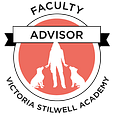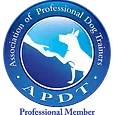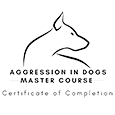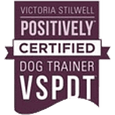
Private Training
Mark offers personalised private dog training sessions to help with most behaviour issues, but specialises in difficult situations such as aggression and on-lead reactivity. Based in Sydney’s Eastern Suburbs and Inner West, Mark is available for in-home behavioural training. Mark will assess the situation, explain what is going on in a clear and detailed manner, and then show you what you can do differently to improve your dog’s behaviour.
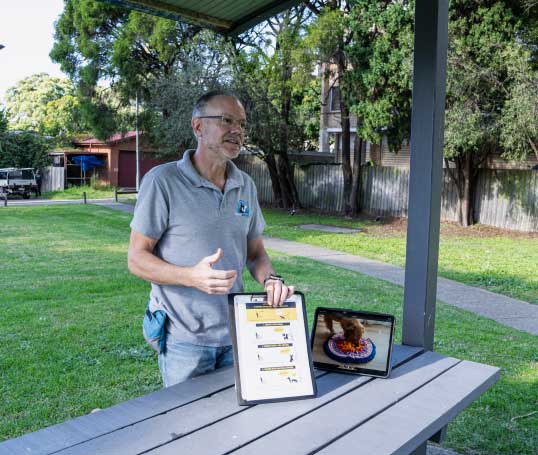
YOUR DOG BEHAVIOURIST
In Sydney, Australia
Mark Ehrman of Canine Counselling is the first Victoria Stilwell Positively Dog Trainer (VSPDT) in Australia, and a faculty advisor and mentor for the Victoria Stilwell Dog Training Academy. His methods focus on training you to help your dog learn manners, not become obedient. This results in lasting, high-quality dog training and a better quality of life for you and your canine companion.

Group Classes & Puppy Schools
Mark offers group classes for puppies and adolescent dogs. Puppy school is about teaching those young puppies below 14 weeks old all about socialisation and interactions with other dogs. For older dogs beyond the early puppy stage, Mark offers group classes that focus on one topic for each hour-long class. This can be perfect for wanting to improve one issue, without having the expense of a private consultation. Learn about puppy schools and adolescent group classes by clicking the buttons below..
When we know better, we do better.
Dog training has EVOLVED beyond the outdated “pack leader” and “dominance” model of dog behaviour.
If you’re ready to change paradigm, and learn about dog behaviour from a modern perspective, let Mark help you reframe your dog’s behaviour and help you learn new approaches to changing behaviour.
GROUP CLASSES
Upcoming Classes
GROUP CLASSES
Upcoming Classes
EXPERT IN
Dog Aggression Training
Mark is an on-lead aggression specialist, having completed the Aggression in Dogs Master Course, and is a Certified Behaviour Adjustment Training Instructor (CBATI-KA). If barking and lunging on lead is an issue, Mark can help. His modern, best practice techniques avoid punishment and outdated dominance concepts. If traditional dominance and pack-leader methods haven’t worked, or don’t resonate with you and how you want to treat your dog, let Mark introduce modern methods that focus on the relationship and avoid the fallout of punishment and absolute control.
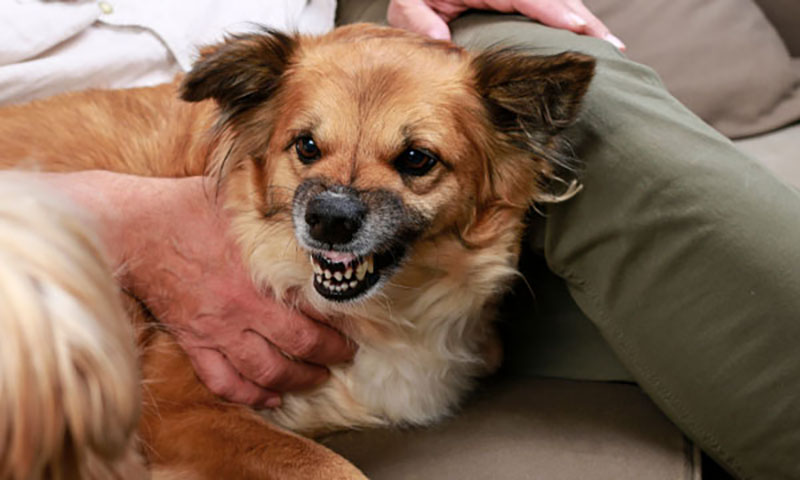
LASTING RESULTS
Not Short-Term Obedience
Mark works with canine guardians that want to help their pet become a well-trained, intelligent companion; not a dog that you always to direct it what to do. Showing you how to teach your dog to make good decisions, and not just control them, can give you and your dog a better quality of life. Improve negative behaviours such as aggression and lead pulling in the healthiest way possible.
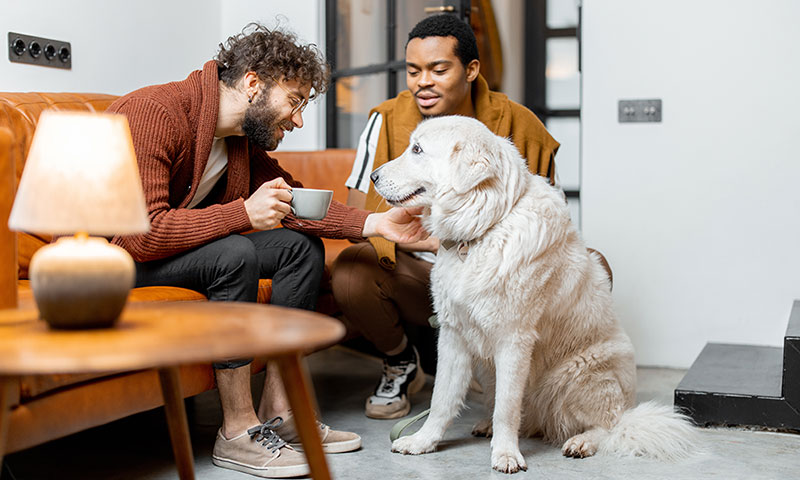
BEHAVIORAL ISSUES
We Work With
Mark’s extensive experience and training prepare him to handle various dog behaviour issues to improve your dog’s life and give you a permanent solution.
Aggression toward other dogs or people
Not coming when called, or “selective hearing”
Lunging & on lead reactivity
Puppy behaviours such as jumping up, nipping, toilet training, etc.
Excessive barking
Most other undesired behaviours

